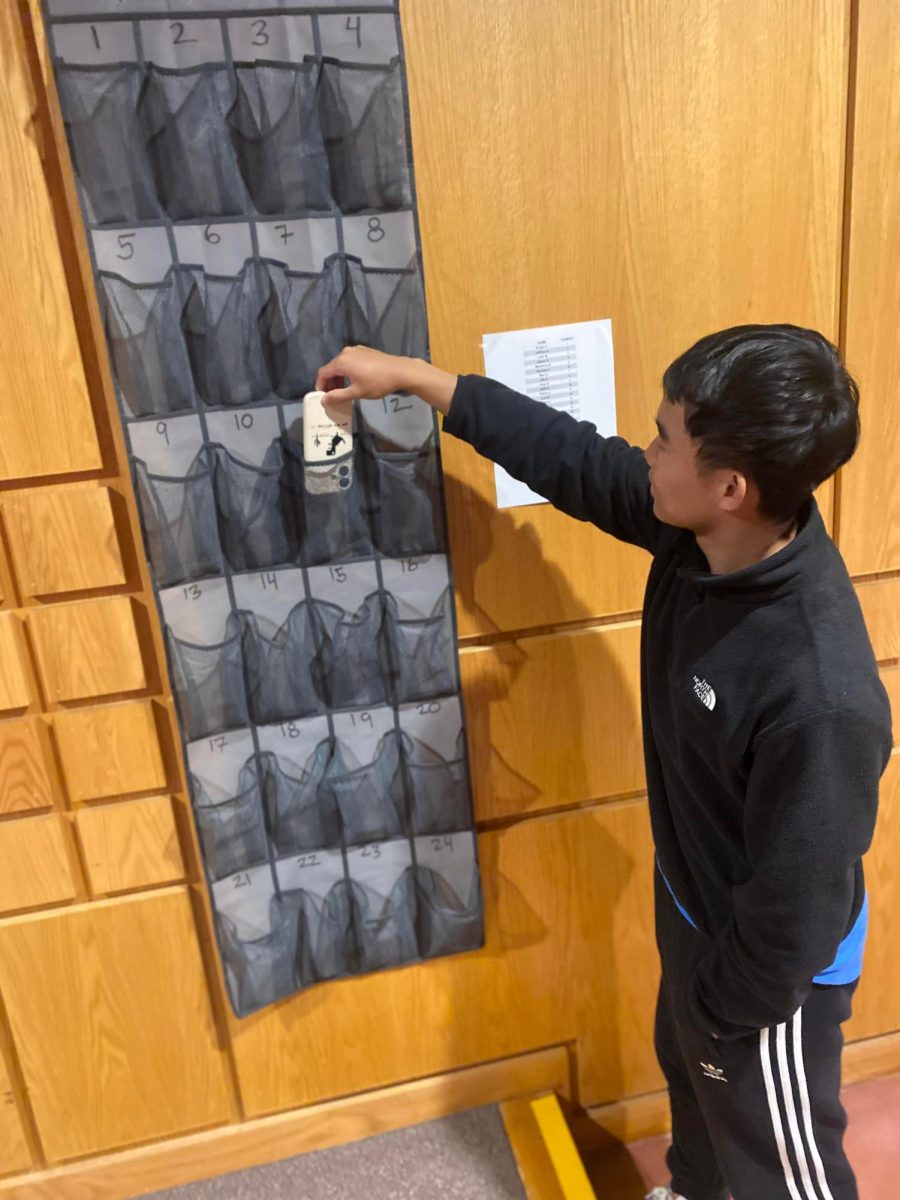As the Trump administration begins implementing the policies that were central to the President’s successful election campaign, one of its first initiatives is related to reducing illegal immigration into the U.S. Executive orders to undertake this work have led to U.S. Immigration and Customs Enforcement (ICE) agents making arrests across the country, including in Massachusetts.
President Trump’s policy, as identified on whitehouse.gov, states that “Many of these aliens unlawfully within the United States present significant threats to national security and public safety.”
The arrests to remove those immigrants seen as threats have been occurring at an increasing rate since the Trump administration took office. As stated on dhs.gov, “In the first 50 days of the Trump Administration, Immigration Customs and Enforcement (ICE) has made 32,809 enforcement arrests.” Almost “75% of these arrests were of accused or convicted criminals.” This contrasts with the Biden Administration, which only undertook a total of 33,242 arrests in the whole of the 2024 fiscal year.
Students at WHS who are well-informed about current events have taken note of how these arrests are playing out in nearby communities and are critical of this policy.
“Much of the immigrant community in Boston has been too hesitant to go out for fear of ICE raids,” said senior Lila Li. “It is destructive to both the wellbeing of those individuals affected but also to the success of the community as a whole as businesses are unable to function both without employees and without customers.”
Although the focus of the arrests has mainly been on undocumented immigrants with criminal records, others without papers face the fear of deportation to countries they fled from due to anything from violence to extreme poverty.
“The situation most of these people find themselves in is often untenable,” said history teacher Monny Cochran. “Many who risk their lives to reach the United States feel they have no alternative.”
While many critics question the administration’s policies, the administration feels strongly that, by focusing now on removing known criminals, later they can improve the immigration process to enable those with cause to properly seek admission to the country.
As Department of Homeland Security Secretary Kristi Noam stated on dhs.gov, “Illegal immigrants have the option to self-deport and come back LEGALLY in the future.”
In response to ICE’s action, some cities in Massachusetts have self-designated as “sanctuary cities,” meaning they refuse to aid ICE in its arrests and try to offer a safe haven for immigrants. In response, the administration has threatened to withhold federal funding for these cities, leading to a judicial showdown.
“Two sanctuary cities in Massachusetts—Chelsea and Somerville—filed a federal lawsuit today challenging the Trump Administration’s efforts to coerce them into participating in mass deportation efforts,” as reported by somervillema.gov.
Boston has also been in the spotlight for its policies of limited support for ICE agents, leading to Mayor Michelle Wu being called before Congress where she remained adamant that the city would protect all of its citizens.
“This situation helps display the Boston area’s undying support for its people, but also the legal implications of the situation,” said Li.
The new orders have also begun to affect schools as they are no longer considered “safe spaces,” meaning locations that in the past ICE agents would not enter to undertake arrests. For school districts with students impacted by the raids, safety has become a main priority, even as those who face this threat struggle to feel comfortable going to school each day.
“Think Maslow’s hierarchy of needs,” said junior Will Cahill. “Humans need to feel safe to focus and devote themselves to their school work, extracurriculars and sports.”
Social media has played a major role in spreading information about ICE raids, but also hatred toward immigrants.
“Social media is a double edged sword in that it amplifies xenophobia and misinformation about immigrants, but it also can be used as a tool to protect them in some ways,” said Cahill.
Sharing information about possible ICE raids on social media raises different concerns for some about the possibility of some criminals escaping deportation.
“If the wrong people were to hear [about a possible raid] and get away from ICE, who knows what they could do in this country,” said junior Sofia Graupera.
While the various legal and political issues play out in the courts and in the court of public opinion, the Trump administration will continue arresting and deporting those they believe represent a threat to the country. As Secretary Noem expressed on dhs.gov: “Our team at ICE will help us continue moving forward to make America SAFE again.”




